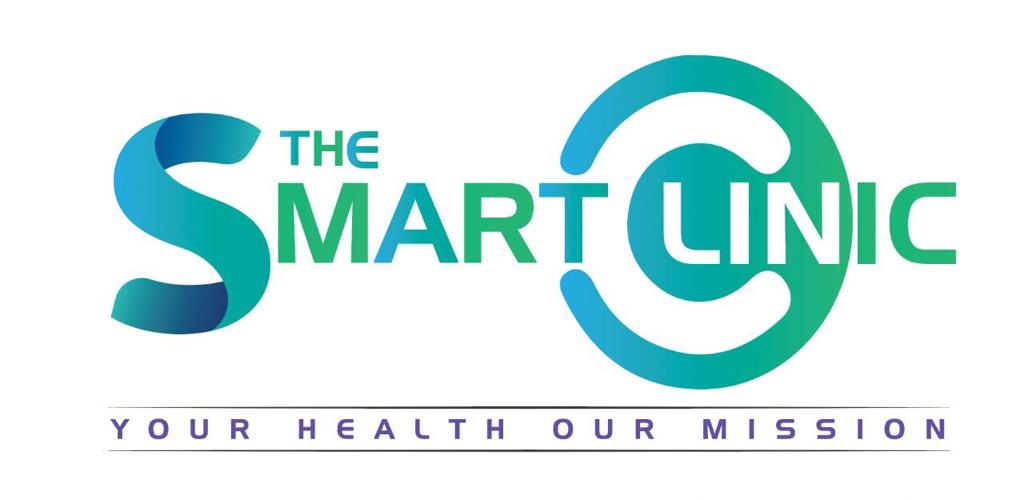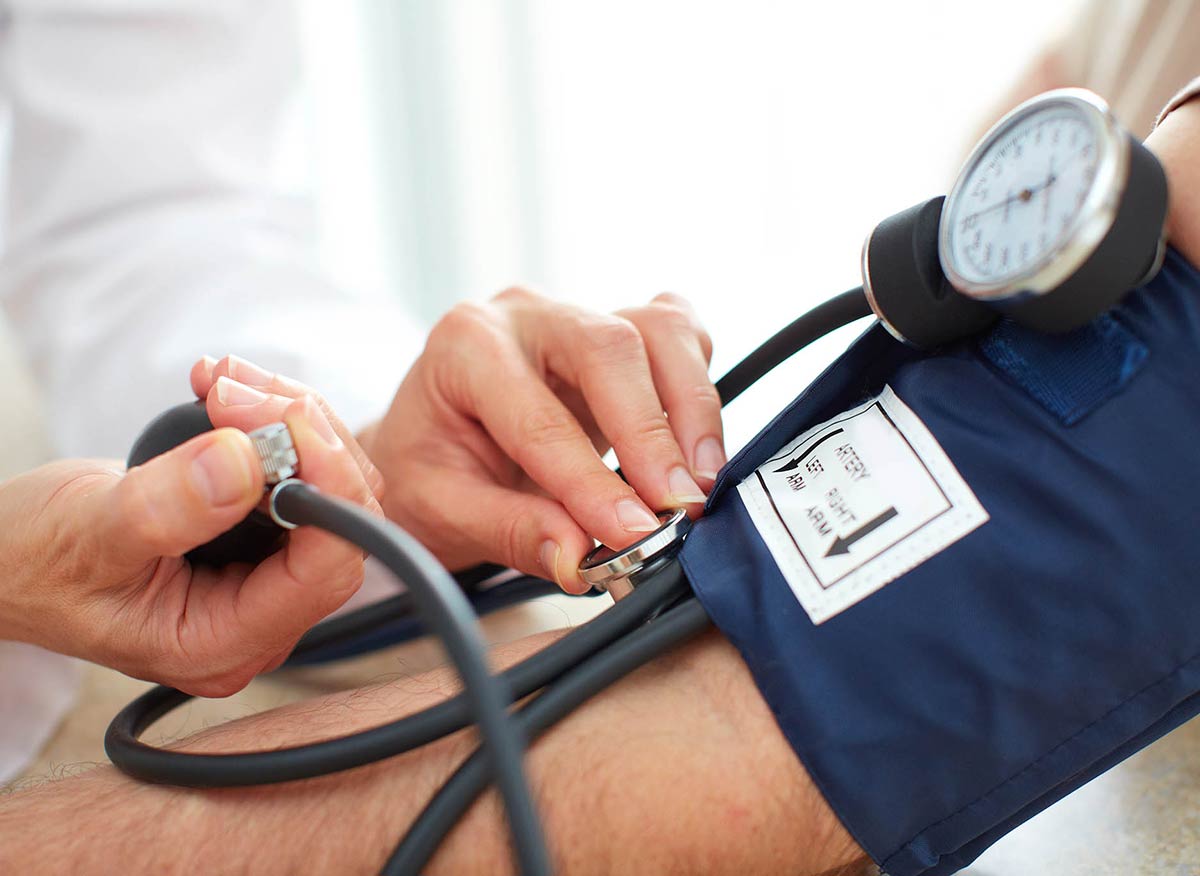Why Do People Get Kidney Stones in the Summer?
Barbecues, swimming, and other outdoor activities are popular during the summer. Unfortunately, the warmer months also increase the risk of kidney stones.
Summer may have only just begun, but kidney stone season started a few weeks ago. When the weather warms up, doctors see an increase in kidney stone cases.
Kidney stones are solid, irregularly shaped mineral and acid salt formations. They can enter the ureter, the tube that connects the kidney and bladder, causing excruciating lower back pain and groyne discomfort.
Kidney stones are also more common in the country’s southern regions and near the equator. Smart Clinic discusses why more people get kidney stones in the summer, treatment options, and how to reduce your risk of getting them.
- Seasonal changes – People who come to the emergency room with pain, which is usually a sign that the stone is moving, do so more frequently in the summer than in the winter.
But why is this the case? Approximately 80% of kidney stones are calcium-based. According to studies, your body appears to produce more calcium in your urine during the winter. However, having too adequate calcium in your urine (hypercalciuria) increases your chances of developing kidney stones.
“Too adequate calcium in your urine can cause you kidney stones.” “Physical activity can protect you from the stone formation.” As a result, if you’re less active in the winter, you’re more likely to develop kidney stones like many of us. Then, when the warm weather arrives, the increased temperatures and dehydration cause the stones that formed over the winter months to grow even more and to flick.”
It shocks you when you least suspect it. Just as you were about to go to the park or throw a football around in the yard? Ouch! That’s when you realize the stone is there.
- A healthy diet and staying hydrated help – A healthy diet and staying hydrated are beneficial – after having a stone, you have a 50% chance of developing another one within the next five years. This risk generally increases with age. While there is no way to avoid kidney stones altogether, there are several steps you can take to reduce your risk.
Eating more fruits and vegetables can help reduce your risk of kidney stones by making your urine less acidic, which reduces the likelihood of stones forming. Salt should also be avoided because it reduces the calcium in the urine. If you have a high-sodium diet, try to cut back on those foods and replace them with healthier options. Canned goods, packaged meals, and snacks like potato chips are examples of salty foods.
If you’re at peril for kidney stones, talk to your doctor or a dietitian about making dietary changes.
The smart clinic advises people at risk of kidney stones to drink enough fluids to produce at least 2.5 litres of urine per day, especially during the summer.
“Drinking lots of water will dilute your urine and reduce the formation of crystals such as calcium oxalate, the substance that forms the majority of kidney stones.” one way to help prevent the development of renal stones is to drink plenty; of fluids.”
Getting treated
No matter how your kidney stones may have developed, the good news is that we can help you get the treatment (and relief) you need. So if you’re feeling pain, please give us a call at the smart clinic or use the online scheduling tool to set up an appointment.



